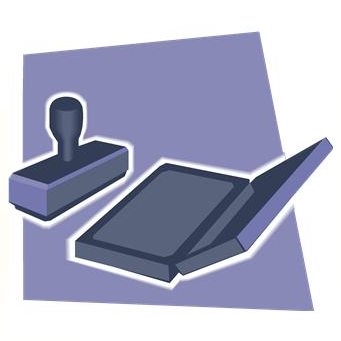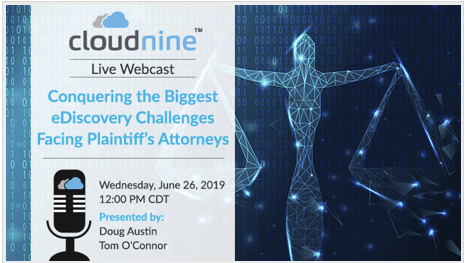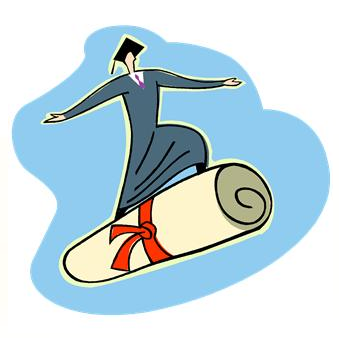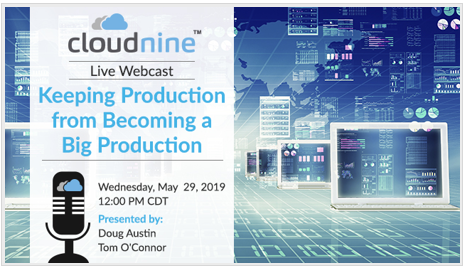My Guest Post for Complete Legal: eDiscovery Best Practices
My Guest Post for Complete Legal: eDiscovery Best Practices https://cloudnine.com/wp-content/uploads/2019/06/CompleteLegal.png 538 403 CloudNine https://cloudnine.com/wp-content/uploads/2019/06/CompleteLegal.pngYou might think that since I write a daily blog, I have no time to do any other writing on the side. And, a lot of times, that’s true. However, I wrote a guest blog post recently for our good friends and Kansas City partners at Complete Legal and so I’ve decided to point to that blog post for today to give our readers a chance to read that post.
read more







